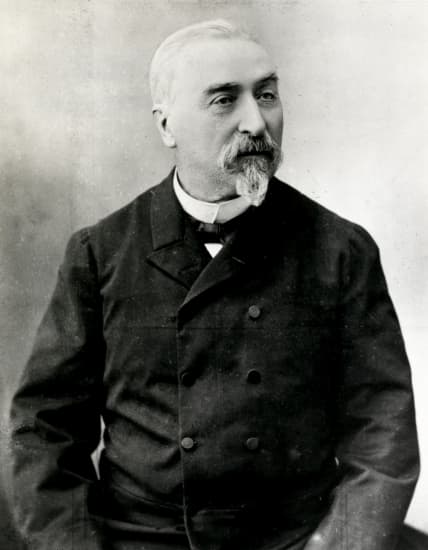8/10, not enough British Empire.
Hey they've got time to grow
Antarctic is not Pink Hersey
Not yet
8/10, not enough British Empire.
Antarctic is not Pink Hersey
king king listen to me very carefully I'm about tell you some very very important.ahhhhhhhhhhhhhhhhh why did no one tell me red crowns was back
Cuba is already independent by 1895? How did that happen?
ahhhhhhhhhhhhhhhhh why did no one tell me red crowns was back
Some good updates there with a solid end to the war. Will we get an insight into the treaty that ended the war between Russia and the other powers? Interesting to see how the French election will turn out, although with hints of a series fo 'Great Wars', someone's going to get the short end of the stick and a rather embittered France is usually good suspect for such a scenario, sadly.
I'm really enjoying this fascinating TL, keep up the great work!!
watched


Glad you enjoyed it, lets hope today's can live up to your expectations!Excellent update, well worth the wait!
Thats part of the direction Japan is goingHopefully this'll calm down the rampant expansionism Japan felt OTL in some part due to feeling slighted after the Russo Japanese War. A more rational Japan during this period wouldn't be a bad thing.
Jiyū banzai!Go Japan! Tennoheika Banzai!
Oops! Thanks for the heads up! And I'm glad you think its good!It's "exert influence", not "excerpt influence".
Otherwise,


